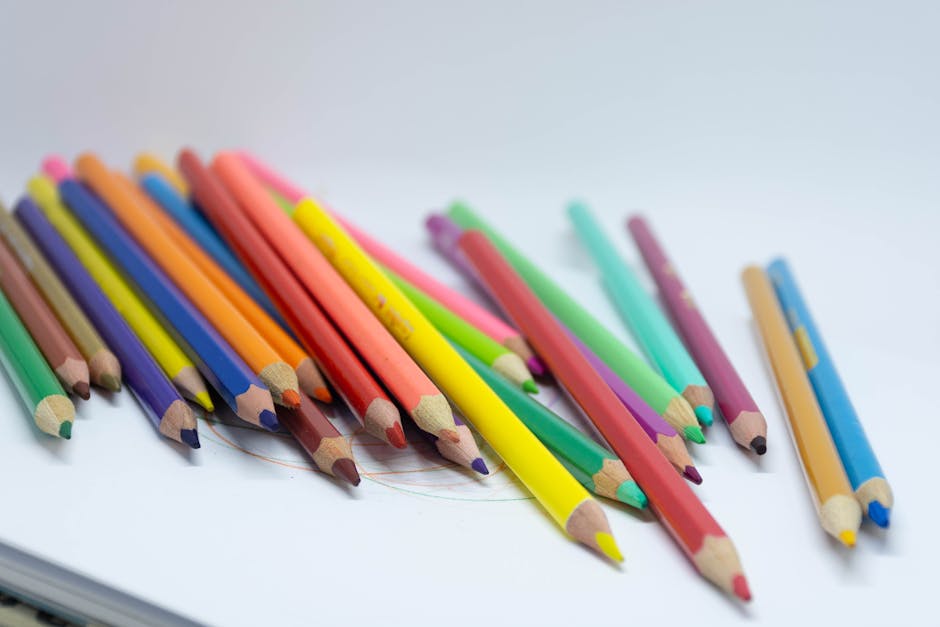Engaging in hobbies and crafts offers a powerful antidote to the stresses of modern life. Their contribution to mental well-being extends far beyond simple relaxation; they provide a multifaceted approach to cultivating emotional resilience, cognitive sharpness, and a stronger sense of self. This article explores the various mechanisms through which these activities foster improved mental health, highlighting the unique benefits provided by different types of crafts and hobbies.
A primary mechanism through which hobbies improve mental well-being is stress reduction. The focused attention required by many crafts, such as knitting, pottery, or painting, induces a state of “flow,” a psychological concept describing complete absorption in an activity. During flow, worries and anxieties fade into the background, replaced by a sense of calm concentration. This mindful engagement allows for a temporary escape from the relentless demands of daily life, providing much-needed respite from stress hormones like cortisol. Furthermore, the rhythmic, repetitive nature of some crafts, like crocheting or calligraphy, can have a meditative effect, promoting relaxation and reducing feelings of overwhelm.
Beyond stress reduction, hobbies cultivate a sense of accomplishment and self-esteem. Completing a project, whether it’s a complex woodworking project or a detailed embroidery piece, provides a tangible sense of achievement. This feeling of mastery boosts self-confidence and fosters a positive self-image. For individuals struggling with low self-esteem or feelings of inadequacy, the ability to create something beautiful or functional can be profoundly empowering, providing a concrete demonstration of their skills and capabilities. This is particularly relevant for individuals facing challenging life circumstances, where a sense of control and agency can be significantly diminished.
Moreover, hobbies offer opportunities for social interaction and connection. Joining a crafting group, taking a class, or participating in online communities dedicated to a particular hobby provides avenues for social engagement. These interactions foster a sense of belonging and reduce feelings of loneliness and isolation, crucial factors in maintaining good mental health. Sharing experiences, offering support, and learning from others within a shared interest creates a supportive network, mitigating feelings of social disconnection. This is particularly important for individuals who may struggle to form social connections in other aspects of their lives.
The cognitive benefits of hobbies and crafts are equally significant. Many hobbies require problem-solving skills, critical thinking, and fine motor coordination. Engaging in these activities stimulates the brain, enhancing cognitive function and potentially reducing the risk of cognitive decline associated with aging. Activities like puzzles, model building, or learning a new musical instrument challenge the brain in different ways, promoting neuroplasticitythe brain’s ability to reorganize itself and form new neural pathways. This mental stimulation helps maintain cognitive sharpness and improve memory.
Furthermore, the creative process inherent in many hobbies fosters self-expression and emotional regulation. Creating art, music, or writing provides a healthy outlet for processing emotions, allowing individuals to explore their thoughts and feelings in a non-judgmental space. This creative expression can be particularly beneficial for individuals struggling with anxiety, depression, or trauma, providing a mechanism for coping with difficult emotions and experiences. The act of translating internal states into tangible creations can be therapeutic, offering a sense of control and understanding.
The choice of hobby itself plays a significant role in its impact on mental well-being. For example, nature-based hobbies like gardening or birdwatching can provide access to the restorative effects of nature, reducing stress and improving mood. The combination of physical activity and exposure to natural light offers additional benefits, enhancing both physical and mental health. Conversely, highly structured hobbies, such as competitive sports, can provide a sense of discipline and teamwork but might also introduce pressure and competition, which could negatively impact some individuals. Individual preferences and personality traits should be carefully considered when selecting a hobby tailored to maximize its benefits.
Finally, the act of learning a new skill inherent in many hobbies contributes significantly to mental well-being. Mastering a new craft or technique provides a sense of accomplishment and boosts self-efficacy, the belief in one’s ability to succeed. This ongoing learning process keeps the mind engaged and prevents cognitive stagnation, contributing to a greater sense of purpose and fulfillment. This continuous personal growth enhances self-esteem and creates a positive feedback loop, reinforcing the desire to engage in further creative pursuits.
In conclusion, the benefits of engaging in hobbies and crafts for mental well-being are multifaceted and profound. From stress reduction and enhanced self-esteem to improved cognitive function and creative self-expression, these activities offer a holistic approach to improving mental health. By selecting activities aligned with personal interests and preferences, individuals can leverage the power of hobbies and crafts to cultivate resilience, foster a sense of purpose, and enhance their overall well-being, leading to a more fulfilling and balanced life. The key is to identify activities that bring joy, challenge the mind, and provide a much-needed escape from the pressures of daily life.
